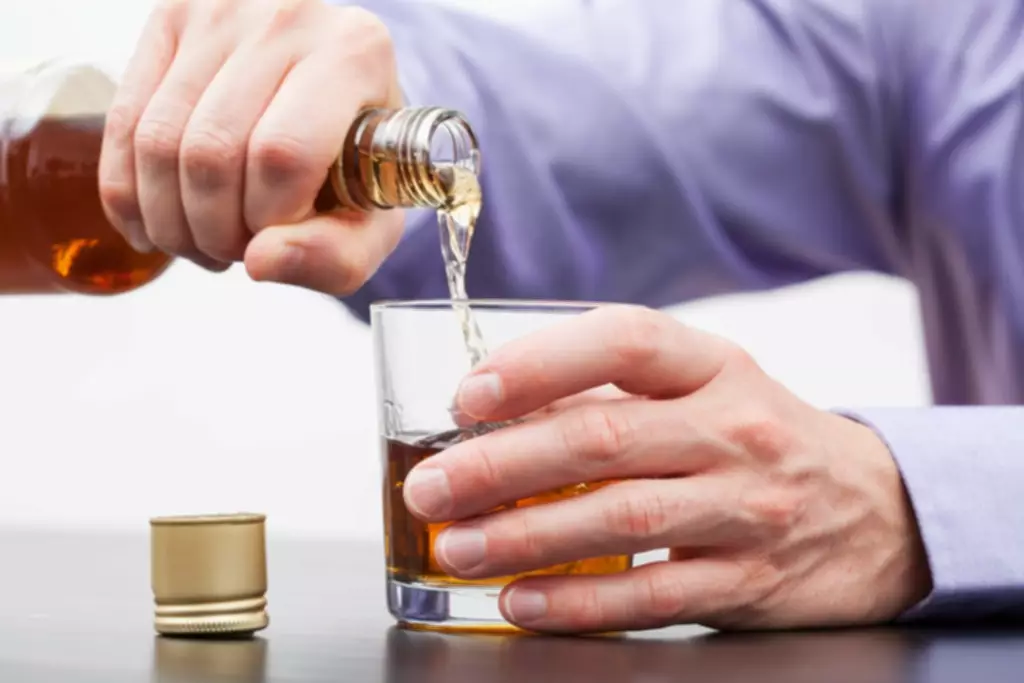Content
Physical therapists can teach you exercises to improve your muscle strength, control and coordination. To better understand the mechanisms underlying withdrawal, one must briefly review some of the principles of neuronal communication in the CNS. The transmission of nerve signals from one neuron to the next is achieved, in general, through small molecules called neurotransmitters, which are secreted by the signal-emitting neuron.
Most patients with mild withdrawal symptoms, whether they are treated or not, do not develop complications. Before initiating any interventions, the first step in managing a patient’s withdrawal is to assess thoroughly the patient’s condition. This assessment should include an evaluation of the presence of coexisting medical and psychiatric conditions, the severity of the withdrawal symptoms, and the risk of withdrawal complications. If your tremors are caused by liver disease or brain damage, your treatment plan is less straightforward.
Medications
You should see them, too, if you have side effects from medications or treatments that are similarly disruptive. You should schedule to see your healthcare provider if you start to have unexplained shaking or tremors. Your healthcare provider will schedule regular follow-up visits to monitor your condition and adjust treatments as necessary. You should see them as recommended because these visits are important in helping you minimize this condition’s disruptive effects. They may also give you — or a caregiver or loved one who’s with you — a questionnaire called a Clinical Institute Withdrawal Assessment. This can help them determine your symptoms and measure the severity of your withdrawal.
- A hangover is when you have unpleasant physical and mental symptoms after drinking too much alcohol.
- Others may not be able to write, dress, bathe or otherwise take care of themselves.
- Some people may experience a severe tremor that does not respond to medication or that significantly impacts their quality of life.
- Alcohol has a sedative effect on the brain in which it suppresses certain neurotransmitters, causing people to feel at ease after drinking.
- These will provide you with the tools and resources to prevent triggers, continue on-going recovery and live a well-balanced life after rehab.
Alcohol withdrawal syndrome affects nearly two million Americans each year. Symptoms of alcohol withdrawal syndrome can surface as early as two hours after a person’s last drink. Alcohol addiction rehabs offer a safe, secure and comfortable environment during the withdrawal phase. After the alcohol withdrawal stage, you will transition into other treatment therapies, activities and programs.
Importance of Medical Detox in Recovery
Once you have completed detox, you are well on your way to recovery. The best chance for a successful, long-term alcohol recovery means committing to an effective alcohol treatment program. It also means committing to lifestyle changes that will keep you physically and mentally healthy, and alcohol free. There are many ways you can take control of your sobriety and live a better life.
- For all patients, especially those experiencing severe withdrawal symptoms, proven benefits of treatment include amelioration of symptoms, prevention of both seizures and DT’s, and treatment of DT’s.
- As the brain restores balance and regulates without the influence of alcohol, usually the anxiety subsides which lessens the severity of alcohol shakes.
- However, there’s evidence that it happens because of the changes in certain parts of your brain.
- It’s been written about in countless novels, highlighted in many films we know and love, and chances are you’ve experienced AUD (Alcohol Use Disorder) firsthand or through someone close to you.
- Over the course of the first few days and weeks after someone stops drinking alcohol, he or she may experience acute alcohol withdrawal symptoms.
- If the alcohol shakes persist for months after abstinence, the addiction specialists will typically recommend that the patient see a neurologist.
The alcohol shakes are usually not brought about because of one “bad” night or a binge; these come after prolonged alcohol use, gradually worsening over time. If this is what you or someone you know is experiencing, the severity can be measured by the nature of the shakes themselves. As the brain restores balance and regulates without the influence of alcohol, usually the anxiety subsides which lessens the severity of alcohol how to stop shaking from alcohol shakes. Brittany has been working in behavioral health since 2012 and is the Assistant Clinical Director at our facility. She has great experience with chemical dependency and co-occurring mental health diagnoses as well as various therapeutic techniques. Brittany is passionate about treating all clients with dignity and respect, and providing a safe environment where clients can begin their healing journey in recovery.
What can the recovering alcoholic do to reduce tremors?
Diagnosing it is often a matter of ruling out other conditions that could be causing symptoms. To do this, your health care provider may suggest the following tests. Historically, several mechanisms have been suggested to play a role in the development (i.e., etiology) of AW.

Even when the intake of alcohol ceases, the brain stays in this state of high alert. Withdrawal symptoms occur as the brain struggles to adapt to the absence of alcohol and return to a state of equilibrium. Reach out to a treatment provider for free today for immediate assistance. Even though alcohol can help ET symptoms, alcohol is not usually used as a treatment for ET. Doctors do not recommend treating ET with alcohol, because there are downsides to using alcohol to improve your symptoms. Essential tremor happens unpredictably, so you can’t prevent this condition or reduce your risk of developing it.
Physiologic tremors are often so small that a person does not see or notice them. Hand tremors may be more noticeable when a person holds their hands out straight in front of the body or when they are stressed or anxious. Regular alcohol intake affects numerous excitatory and inhibitory neurotransmitter systems in the brain (Begleiter and Kissin 1996). Similarly, many neurotransmitters and mechanisms probably are involved in AW.